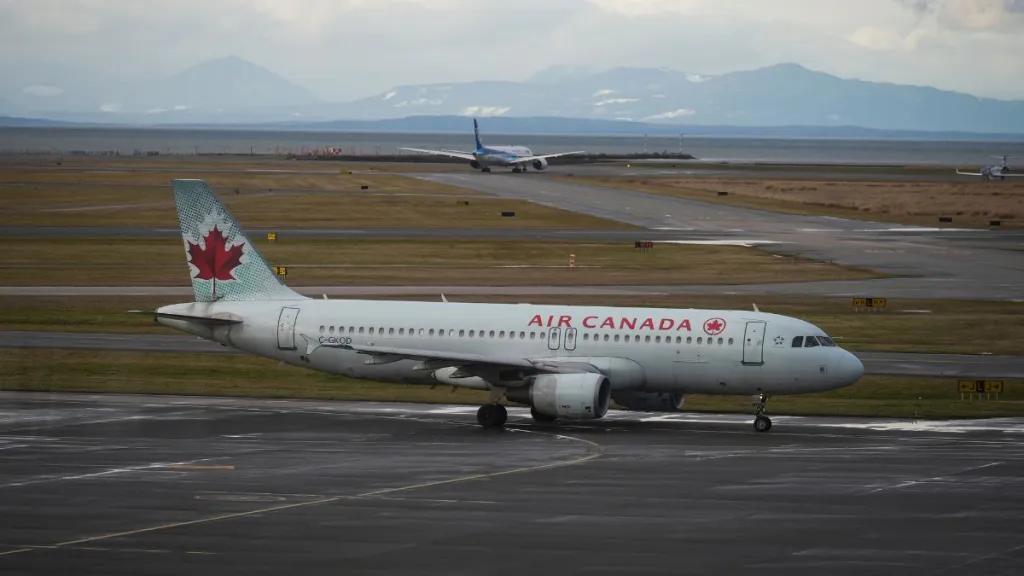
Air Canada Flights Suspended After 10,000 Employees Go on Strike
In a move that is likely to disrupt travel plans for thousands of passengers, Air Canada has suspended all its flights after over 10,000 of its employees went on strike on Saturday. The strike, which began at 12:01 am ET, has resulted in the cancellation of all Air Canada and Air Canada Rouge flights, affecting around 130,000 passengers daily.
The strike was called by the International Association of Machinists and Aerospace Workers (IAMAW), which represents the airline’s flight attendants, baggage handlers, and other ground staff. The employees are demanding higher wages and better working conditions, including being paid for work when the aircraft is on the ground. The union has been negotiating with the airline for months, but the two parties were unable to reach a deal, leading to the strike.
Ahead of the strike, Air Canada had cancelled 623 flights, affecting over 100,000 passengers. However, the suspension of all operations is likely to have a much wider impact, with passengers facing delays and cancellations across the airline’s network.
The strike is the latest in a series of labor disputes at Air Canada, which has been facing financial difficulties in recent years. In 2020, the airline imposed a pay cut on its employees in an effort to reduce costs, but the union has argued that the airline’s profits have not been shared fairly with its workers.
The IAMAW has been negotiating with Air Canada since March, but the two parties have been unable to agree on a new contract. The union has been seeking higher wages, better benefits, and improved working conditions, including being paid for work when the aircraft is on the ground. Air Canada has offered some concessions, but the union has rejected the proposals, saying they do not go far enough.
The strike is likely to have a significant impact on Air Canada’s operations, particularly during the peak summer travel season. The airline has been struggling to recover from the pandemic, and the strike is likely to add to its financial woes.
In a statement, Air Canada said it was “deeply disappointed” by the strike and was working to minimize the disruption to its operations. The airline has set up a website to help passengers affected by the strike, which includes information on flight cancellations and rebooking options.
The strike is not just a problem for Air Canada, but also for its passengers. Travelers who have booked flights with the airline are facing delays and cancellations, and many are likely to experience significant disruption to their travel plans.
In recent years, Air Canada has faced several labor disputes, including a strike by its pilots in 2019. However, this strike is likely to be the most significant, given the number of employees involved and the impact it is likely to have on the airline’s operations.
The strike is also a major blow to the Canadian economy, which relies heavily on air travel. The airline industry is a major employer in Canada, and the strike is likely to have a significant impact on the country’s economy.
As the strike continues, the IAMAW and Air Canada will need to come to an agreement on a new contract. The union has been seeking better wages and working conditions for its members, while Air Canada has been seeking to reduce costs and improve its financial performance.
The outcome of the strike is uncertain, but one thing is clear: the disruption to Air Canada’s operations is likely to have a significant impact on the airline industry in Canada and beyond.






